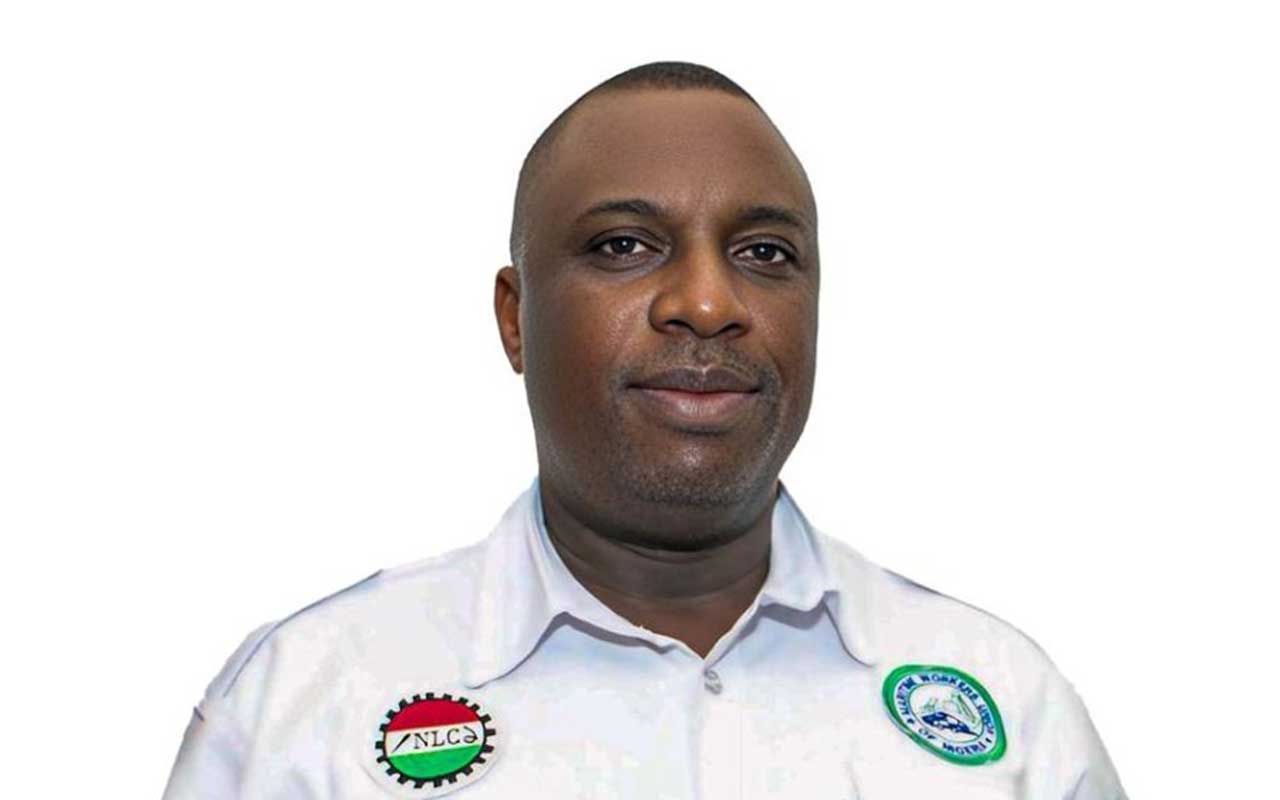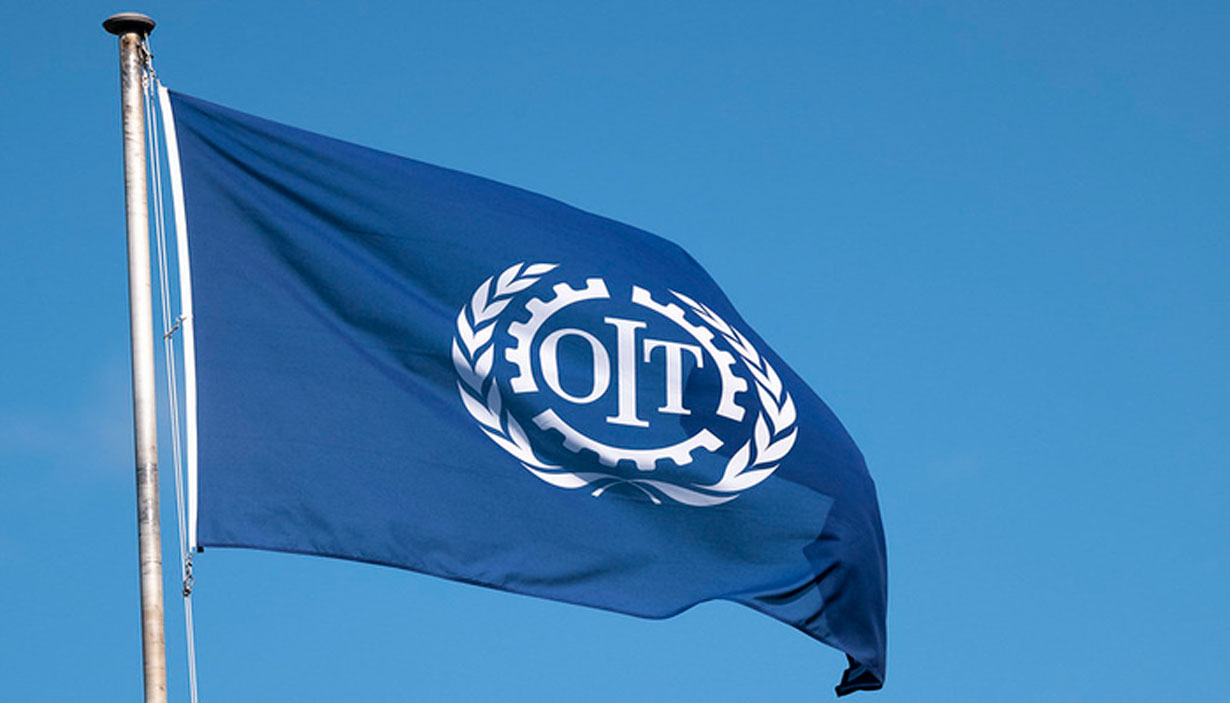The Petroleum and Natural Gas Senior Staff Association of Nigeria (PENGASSAN) has expressed concern over the rapidly diminishing value of pensions received by retirees in the oil and gas industry, describing the situation as both worrisome and unsustainable.
Speaking in Abuja at a stakeholders’ engagement on the state of closed pension fund administrators (CPFAs), PENGASSAN President, Festus Osifo, said the union was disturbed that many pensioners who retired under the old defined benefit schemes now earn stagnant benefits that have lost value due to inflation and naira depreciation.
Osifo noted that some retirees who left service as far back as 1990 and 2010 still earn the same pension amounts today, despite the country’s rising cost of living.
“We have observed with deep concern that many of our retirees are going through hardship because their pensions have remained static for years. What they take home monthly has lost its value due to inflation and the fall of the naira,” Osifo said.
He added that while a few CPFAs periodically review their benefits, about 90 per cent do not, leaving retirees dependent on the goodwill of management for adjustments.
The union called on the National Pension Commission (PenCom) and major oil companies, including Chevron, TotalEnergies, ExxonMobil and NNPC, to review actuarial assumptions and ensure fair upward adjustments to pension payments.
Osifo said PENGASSAN would continue to engage management across the sector to push for reforms that restore dignity to retired workers, noting that many pensioners were once union leaders who fought for workers’ rights.
He also commended PenCom for its professionalism, urging the regulator to maintain its transparency and strengthen oversight of CPFAs to guarantee long-term security for retirees.
“We still believe PenCom remains one of the most credible regulatory institutions in the country. We urge them to stay true to that reputation and protect the interests of pensioners,” he added.
Osifo reaffirmed PENGASSAN’s commitment to defending the welfare of both active and retired oil workers, insisting that the union would continue to push for reforms that strengthen benefit adequacy and ensure retirees live in dignity, insisting, “injury to one is truly injury to all”.
Representing the Director-General of PenCom, Omolola Oloworaran, the Head of Investment Supervision Department, Abdulqadir Dalhatu, reassured stakeholders of the commission’s commitment to ensuring stability, compliance, and transparency across CPFAs.
Oloworaran said PenCom had introduced new supervisory frameworks to strengthen governance and protect contributors’ funds.
“Our goal is to maintain public confidence in the pension system while driving innovation and sustainability,” she said.
She added that PenCom was reviewing its investment guidelines to align with global best practices and exploring measures to protect retirees’ purchasing power amid inflation and exchange rate volatility.
In a keynote address, Managing Director of TotalEnergies CPFA, Benjamin Okeke-Agedi, represented by CFO Wale Olasoji, highlighted the comparative advantages CPFAs hold in investment flexibility and global diversification.
Okeke-Agedi emphasised the need for CPFAs to adopt technology-driven solutions, including digital platforms, data analytics and artificial intelligence, to improve efficiency and risk assessment.
“CPFAs have the advantage of conditional approval of investments under the fund provisions, which allows for global partnerships and diversification. This provides a hedge against policy shocks and enhances long-term sustainability. Adopting digital platforms for member services, data analytics, and real-time reporting will enhance efficiency, reduce costs, and improve transparency. Artificial intelligence can support portfolio optimisation and predictive risk assessment,” he added.
He also stressed that future pension fund strategies must integrate environmental, social and governance (ESG) standards.
“For CPFAs to thrive, they must invest in impactful assets such as infrastructure and green housing to support Nigeria’s energy transition goals,” he said.
He urged employers, regulators, and unions to work together to uphold strong governance, risk management and transparency across the sector.






